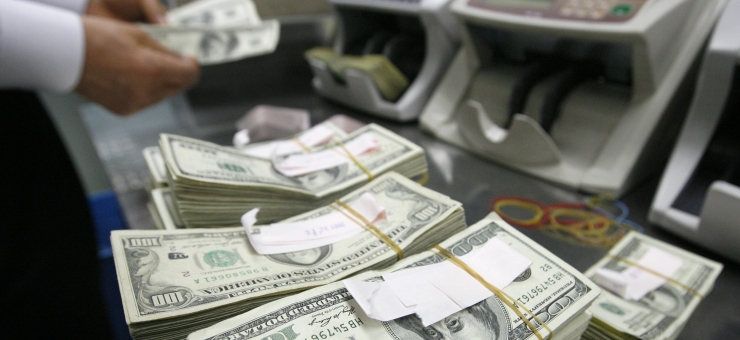News
New report reveals shocking conditions for American bank workers

American bank workers have fewer rights than bank workers in countries such as Tanzania, Philippines, Colombia and Brazil a new report finds.
The report by UNI Global Union, Committee for Better Banks and CWA found that American banks deny basic rights to workers on a scale larger than any other major banking industry. These rights include job protection, fair pay and access to fundamental social safety nets.
US bank workers have no legal right to take sick leave and a very limited number of days of paid parental leave. Health insurance is extremely expensive and defined-benefit pensions are a thing of the past.
Meanwhile, Brazilian bank workers have been gaining real wage increases every year since 2004, higher salary floors (38.7% gain above inflation in this period) and improvements in their profit-sharing plans (PLR). They also receive overtime pay increased by 50%.
Workers in Tanzania enjoy 84 days paid maternity leave, in Brazil 180 days, in Romania one year; and in Sweden 480 days of parental leave to be shared between the father and the mother, the report found.
In the Philippines, bank employees benefit from health care and hospitalization coverage of US$ 3,000 yearly - a large amount compared to average wages in the country. In Norway, employees have fully paid sick leave from day one up to one year.
Average bank worker wages in America are so low that almost one third of bank tellers receive some sort of public assistance. Meanwhile, the top 50 financial CEOs’ compensation collectively rose by 26% in 2010 and by 20.4% in 2011.
Employees at American banks such as Citibank, BBVA and Santander enjoy far greater freedoms and benefits when working for the same companies outside of the United States, the report said.
One of the key reasons for poor conditions for low paid workers at American banks is an absence of trade unions in the sector to enable employees to bargain for better terms. A climate of fear alongside inherent anti-unionism at the top level of the banking industry means there are currently no trade unions operating in the U.S. finance sector.
UNI Global Union represents 20 million workers in 160 countries. UNI Deputy General Secretary Christy Hoffman said:
“The richest, most powerful country in the world is only a developing country in terms of workers’ rights in the finance industry.
“We need to raise standards and address the problems facing America’s bank workers. No worker should have to face poverty or income inequality. Bank workers need a voice on the job and dignity in work.”
In a display of international solidarity, bank workers from across the world come together for a day of action on Wall Street Tuesday to campaign for better working conditions for their U.S. colleagues. The event will mark the launch of the new Global Finance Workers’ Alliance – a coalition of UNI Finance, the Committee for Better Banks and the Communication Workers of America (CWA). Bank workers from a variety of countries including Columbia, Brazil, Argentina, Tanzania and the Philippines will speak out in support of American workers.
Despite record profits in recent years, the financial industry continues to shed tens of thousands of jobs. This uncertainty, coupled with declining wages and poor conditions, has led to a health and stress crisis in the banking industry, as outlined by UNI Finance’s recent report Banking: The Human Crisis.

